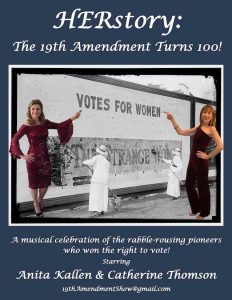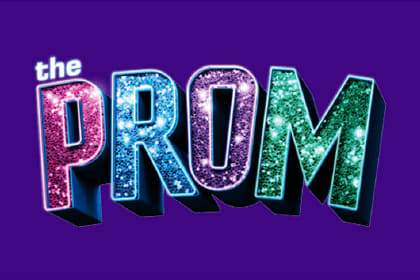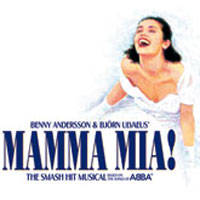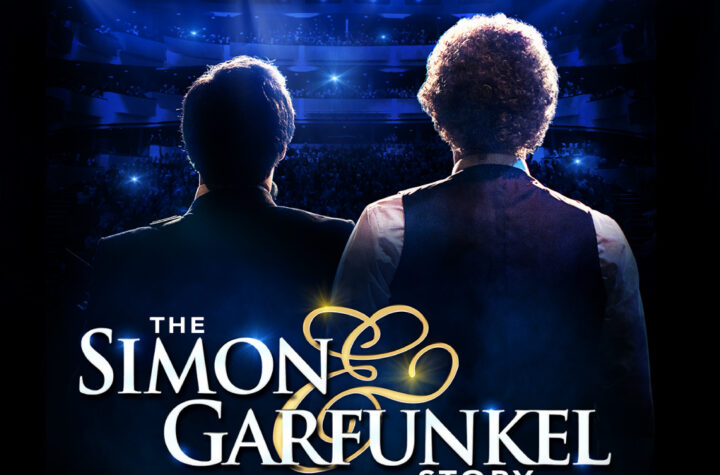
*** Recommended The Skokie Theatre appealed to a homespun crowd in this weekend’s run of “HERStory: The 19th Amendment Turns 100! – A Musical Celebration of Votes for Women.” This original production chronicles the women’s suffrage movement in the United States, with the main focus being on the passage of the 19th Amendment to the Constitution, guaranteeing women equal voting rights with men. In this two-woman cabaret performance, Anita Kallen and Catherine Thomson trace women’s hopes and dreams for empowerment by focusing on their notable struggles to obtain the franchise. Although the 19th Amendment theoretically gave all women the right to vote, the fight for equality took even longer for black women in the South, who were largely prevented from voting up until the passage of the Voting Rights Act of 1965.
In addition to providing the audience with a comprehensive history lesson, Kallen and Thomson sing songs from different eras to celebrate the suffragists’ aspirations and victories.* Two of the most recognizable songs are the Sherman Brothers’ “Sister Suffragette” (from “Mary Poppins”) and Stephen Flaherty and Lynn Ahren’s “Make Them Hear You” (from “Ragtime”), adapted to fit the theme of this production. Also prominent are familiar tunes where various suffragists rewrote the lyrics; then too, there are parodies of modern songs, where Thomson and Kallen have changed the lyrics to suit. Finally, there are songs of historical interest, such as the one about legislator Harry T. Burn, who provided the decisive vote in favor of women’s suffrage in his State of Tennessee—at the urging of his mother. Song placement within the script was excellently done.
HERStory” was presented in honor of Women’s History Month and timed to coincide with International Women’s Day, March 8, 2021, roughly six months after the onstage performance had to be cancelled due to the COVID-19 pandemic. The original plan was to do the show live in August 2020 to coincide with the 100th anniversary of the ratification of the 19th Amendment. But instead, it was reworked in a socially distant way to become a video production, which not only featured the two writers/performers but also Beckie Menzie, the musical director and accompanist, who played the piano off-stage. There were unfortunately a number of production quality issues associated with the migration of a live show to recorded video.
Historically, women wore white when they marched in support of women’s rights; it was a color that signified moral purity. In person and on stage, wearing white against a black curtain might be okay. But it doesn’t work well in a video with flat white lighting. By adjusting the camera aperture so that the faces and the curtain looked good, much of the white detail was lost in the clothing, making the white costumes with low necklines look too much like underwear. The more traditional clothing, such as that worn at the very beginning of the show, would have worked better throughout. Still better might have been introducing some touches of gold and purple to the costumes in addition to the white, as this was worn by some of the early suffragists.
It should be noted that direction for video is somewhat different than that for a live stage. Having a one-camera design with constant zooming in and out in real time is amateurish. A professional video design should have included at least three cameras: one apiece to focus on each of the women from different angles and a third to capture the entire stage. There was also a sound problem that got resolved about halfway through the recorded video; the fix improved the blending of the two voices. In all, the recorded video could have been made much better by using a technically proficient camera and sound crew and more professional editing.
Finally, the set lacked a certain sophistication. There needed to be more of a background than just a black curtain and two women’s suffrage posters hanging on it. Introducing some type of projection design featuring actual photographs of suffragists and film footage of women marching for their rights would have helped visually. It would have added to the celebrity of the many suffragist heroes whose stories were being told.
Despite these drawbacks, it was enjoyable to watch the production as a whole. Wayne Mell, of the Skokie Theatre, introduced this very enlightening hour of entertainment and stated, “Normally [the Skokie Theatre] is a policy-free zone, but you can’t talk about women’s history without discussing politics.” He went on to praise the efforts of The League of Women Voters in creating a forum that allows all voters (both men and women) to become educated about the important issues that face the entire country, so that we can put up good and decent candidates for election and enthusiastically cast our ballots for the most deserving of them.
Today, there has been some erosion of the equal protections offered by the Voting Rights Act. Thus the underlying theme of “HERStory” is very topical, for it reminds us that the struggles of these brave women to guarantee everybody the full rights of American citizenship must not be in vain. We must all remain vigilant in preserving access to the ballot box and the right of every vote to be counted as essential elements of our representative democracy.
“HERStory: The 19th Amendment turns 100!” played in streaming video online during the weekend of March 6-7, 2021. Tickets were $15 per household for a special link to the Zoom presentation.
For more information about this show, please write:19thamendmentshow@gmail.com
To see future offerings at the Skokie Theatre Online and to learn more about MadKap Productions, please go to their website: https://skokietheatre.org or phone (847) 677-7761.
*Note that the term suffragist was used in the United States. These women were called suffragettes in Britain.







More Stories
“Mamma Mia!” Reviewed by Paul Lisnek
“The Simon & Garfunkel Story”
“Women Beware Women”